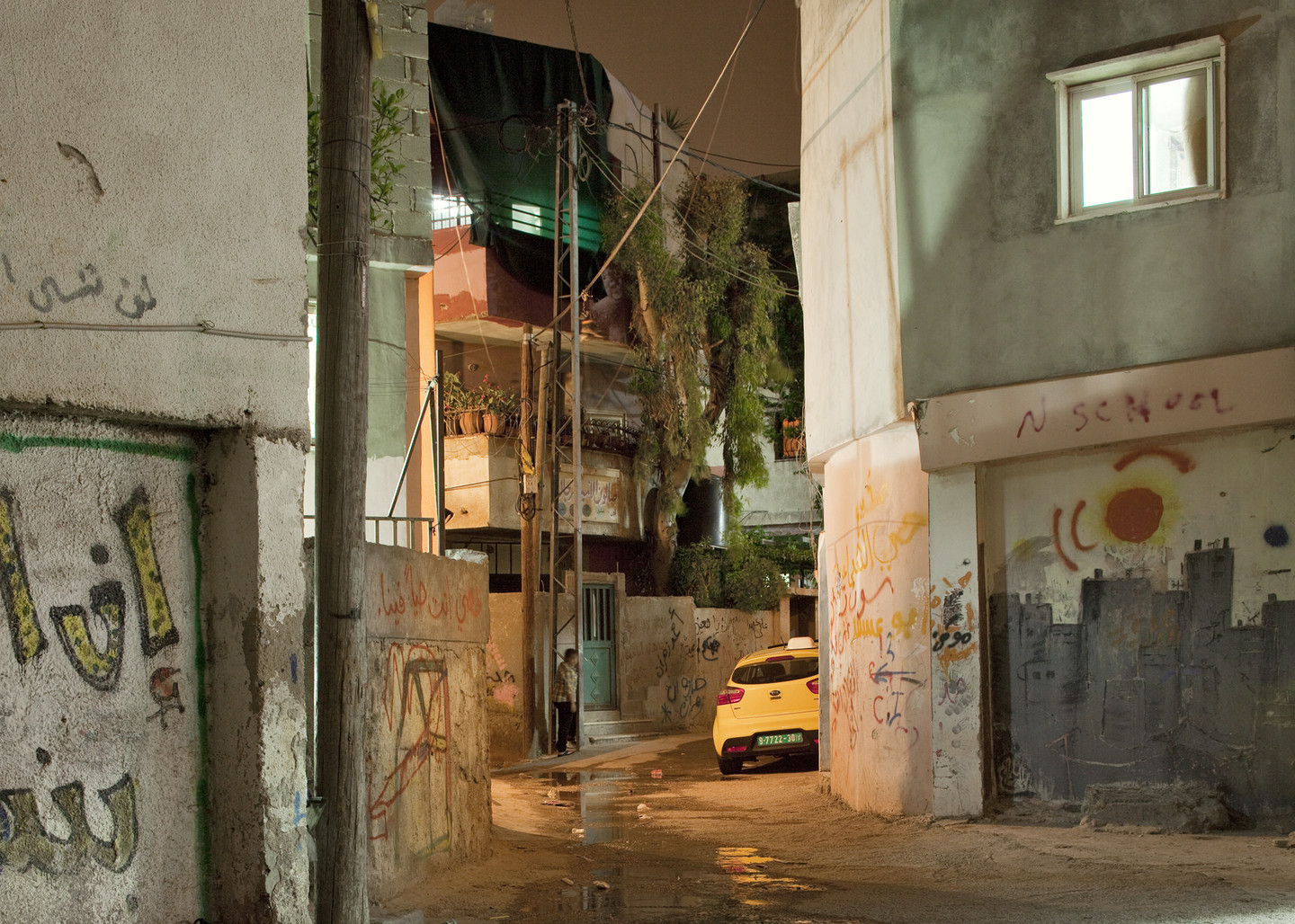February 24, 7pm, with Suad Amiry, Thomas Keenan, Jorge Otero-Pailos, and Alessandro Petti and Sandi Hilal; moderated by Nikolaus Hirsch
e-flux, 311 East Broadway, New York, NY 10002
http://www.e-flux.com/announcements/97566/n-a/
Refugee camps are established with the intention of being demolished. As a paradigmatic representation of political failure, they are meant to have no history and no future; they are meant to be forgotten. The history of refugee camps are constantly erased, dismissed by states, humanitarian organizations, international organizations and even self-imposed by refugee communities in fear that any acknowledgement of the present undermines a future right of return. The only history that is recognized within refugee communities is one of violence and humiliation. Yet the camp is also a place rich with stories narrated through its urban fabric. In tracing, documenting, revealing and representing refugee history beyond the narrative of suffering and displacement, Refugee Heritage is an attempt to imagine and practice refugee-ness beyond humanitarianism.
Contemporary notions of heritage and conservation are buttressed by institutions of great power, which are often oriented towards cultural expropriation. UNESCO’s “Format for the nomination of properties for inscription on the World Heritage List (Annex 5)” is a monumental building built during a colonial era. Over the course of two years, organizations and individuals, politicians and conservation experts, activists, governmental and non-governmental representatives and proximate residents gathered to discuss the implications of nominating Dheisheh Refugee Camp as a World Heritage Site. Refugee Heritage seeks to deploy the potential for heritage to be mobilized as an agent of political transformation.
On February 24 at e-flux, a panel event featuring Suad Amiry, Thomas Keenan, Jorge Otero-Pailos, and Alessandro Petti and Sandi Hilal (moderated by Nikolaus Hirsch) will seek to address the potential for practices and institutions of conservation to be understood as a force capable of mobilizing the political constitution of built space. The panel will streamed live here. Click here for more information.

